
All views my own. RT ≠ endorsement. Engineer, education, governance, philosophy. PhD. All anti-vax blocked immediately.
28 subscribers
How to get URL link on X (Twitter) App

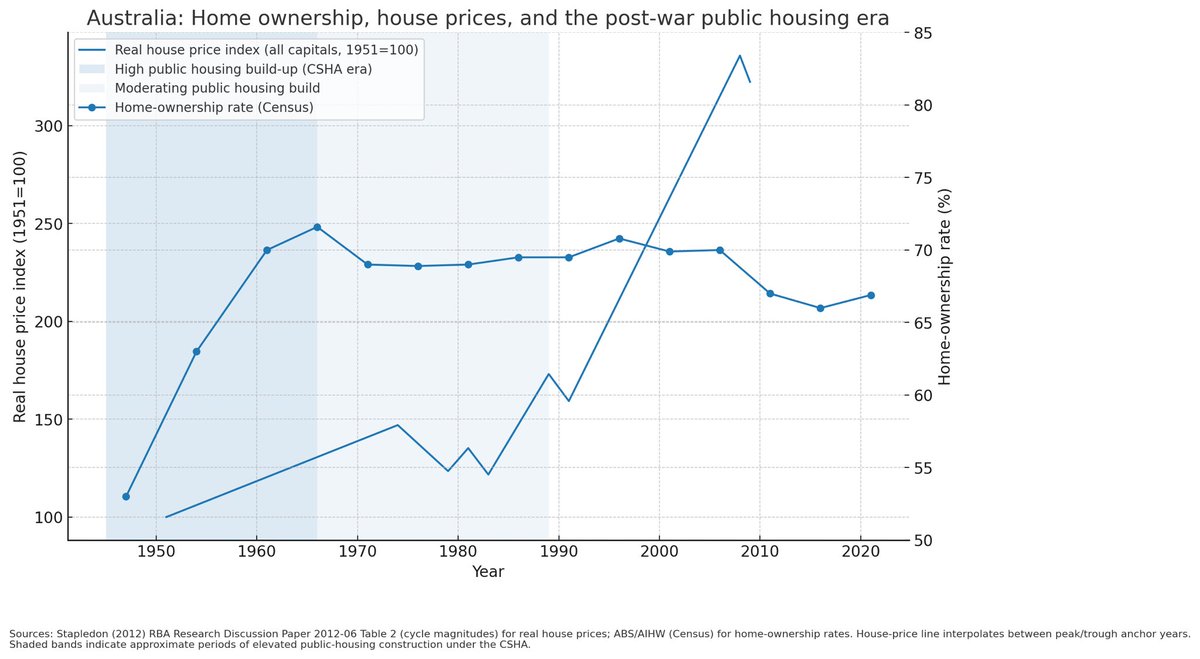
 Look at how mass home ownership only emerged with massive government-led public housing programs, post-war. And how that ownership rate flatlined and then declined with the progressive removal of public housing programs, replaced by ‘the market’.
Look at how mass home ownership only emerged with massive government-led public housing programs, post-war. And how that ownership rate flatlined and then declined with the progressive removal of public housing programs, replaced by ‘the market’. 

 You can infect entire populations with lethal diseases, rather than deny them their ‘right’ to have a good time, with others.
You can infect entire populations with lethal diseases, rather than deny them their ‘right’ to have a good time, with others. 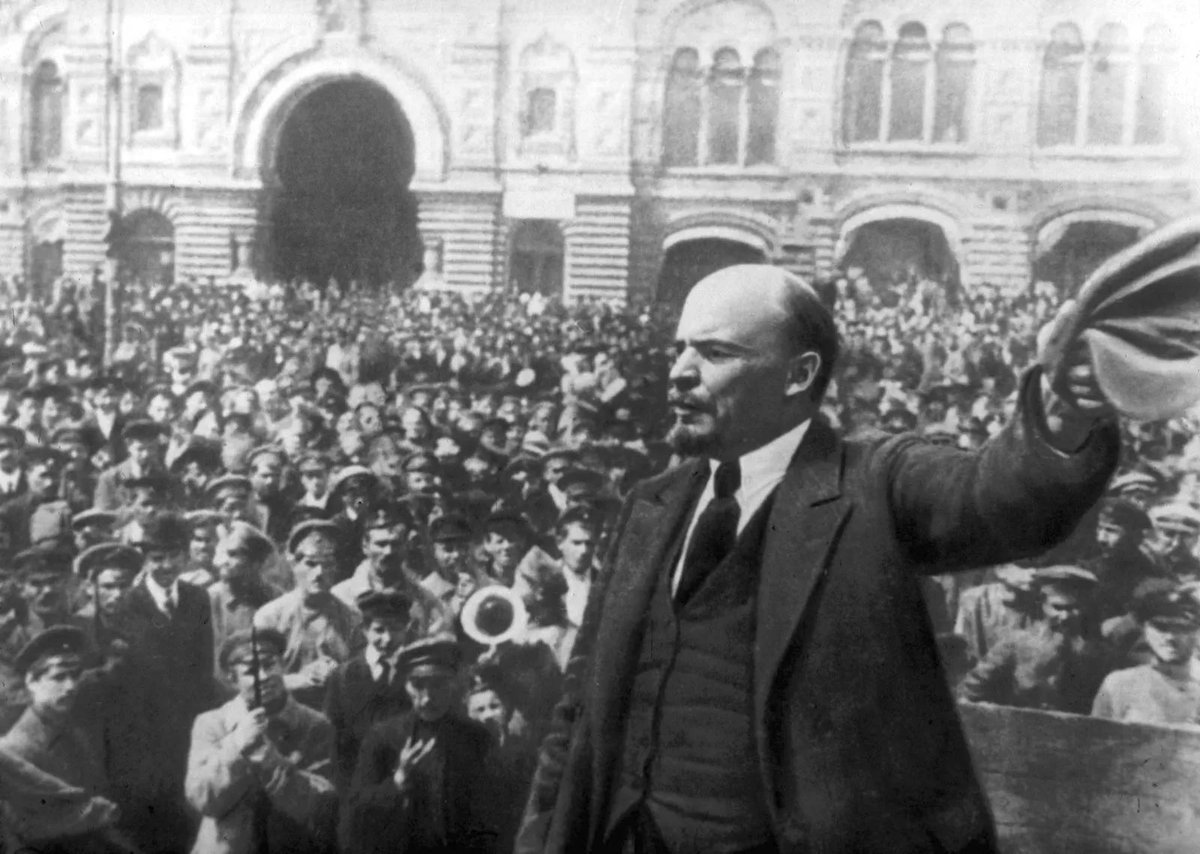

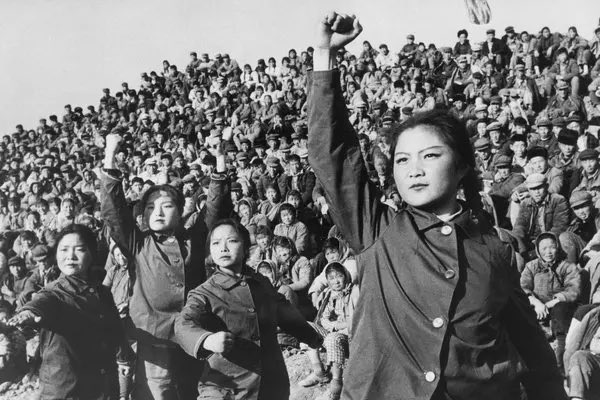
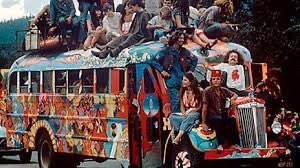 Most revolutions are, it’s the PR of the shift. Always it’s a small group who actually lead the shift, and then attribute it to the population.
Most revolutions are, it’s the PR of the shift. Always it’s a small group who actually lead the shift, and then attribute it to the population. 

 Team sports culture. Kidult culture, the now entrenched imitative rivalry of competing groups or teams, not just in sport, but in every part of life.
Team sports culture. Kidult culture, the now entrenched imitative rivalry of competing groups or teams, not just in sport, but in every part of life. 
 Probably more by accident than by design, but also intriguingly possibly via osmosis with its Indigenous population, Australian life is centred around none of the social groupings that make up traditional ‘politics’, like class.
Probably more by accident than by design, but also intriguingly possibly via osmosis with its Indigenous population, Australian life is centred around none of the social groupings that make up traditional ‘politics’, like class. 

 If a government needs money, it can ‘print’ it. It’s a mechanism of exchange, it has no intrinsic value.
If a government needs money, it can ‘print’ it. It’s a mechanism of exchange, it has no intrinsic value. 
 Of course what SC2 does to the immune system may be entirely different to what HIV does to it. That’s NOT the question.
Of course what SC2 does to the immune system may be entirely different to what HIV does to it. That’s NOT the question. 

 In the 19th century and before, there was no real space or culture for children. They were just little adults, sharing life and work in the adult world.
In the 19th century and before, there was no real space or culture for children. They were just little adults, sharing life and work in the adult world.

 Our social autonomic nervous system is our institutions. They are what evolves over time - nobody consciously creates them - to regulate how our society operates.
Our social autonomic nervous system is our institutions. They are what evolves over time - nobody consciously creates them - to regulate how our society operates. 
 We’ve had fads and fashions forever. In clothing, music, hobbies, food, pets, technologies, etc. etc. None of that mattered a lot, people even had fun navigating the perpetual shift of what’s ‘cool’.
We’ve had fads and fashions forever. In clothing, music, hobbies, food, pets, technologies, etc. etc. None of that mattered a lot, people even had fun navigating the perpetual shift of what’s ‘cool’.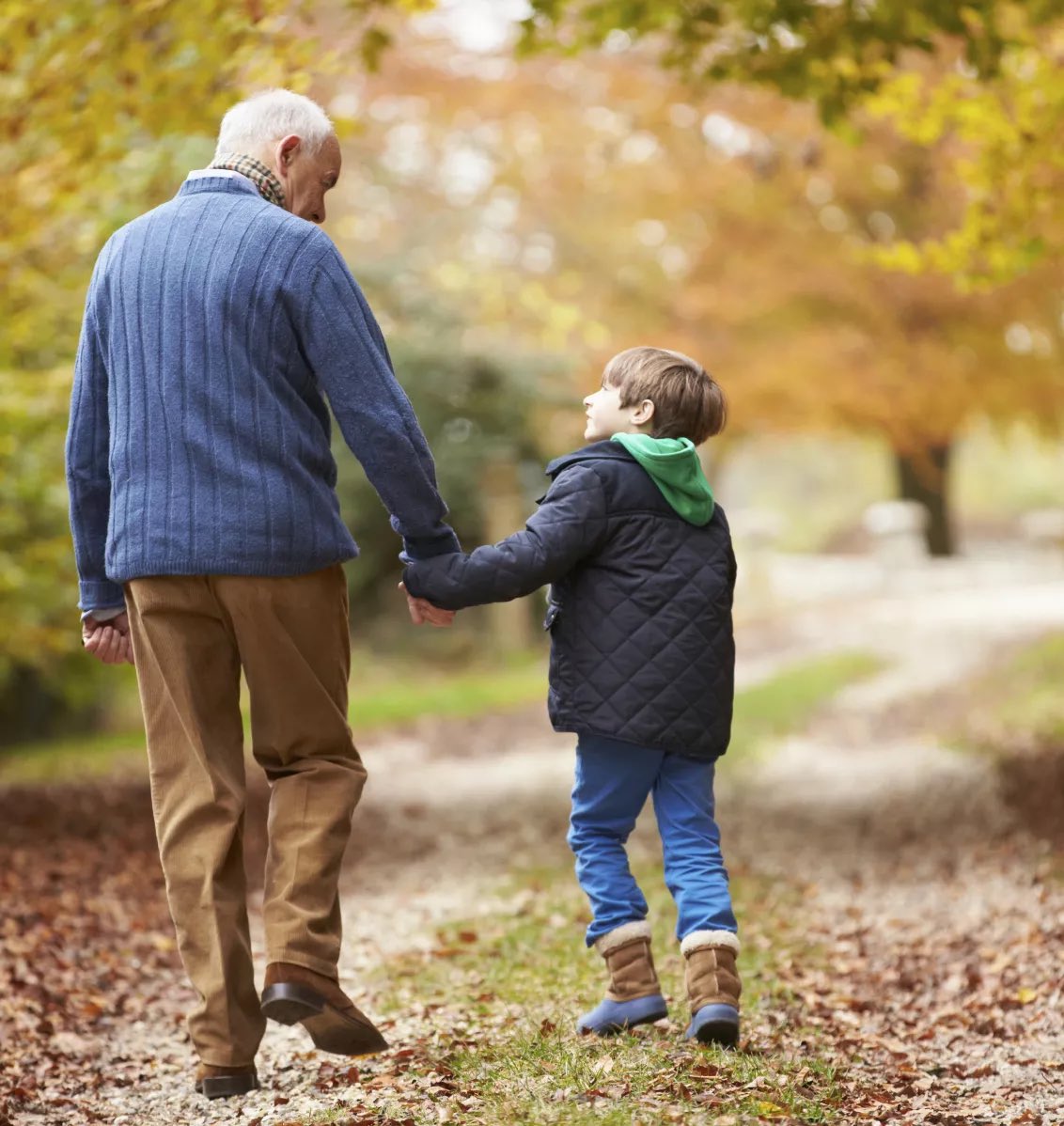
 The worst thing you can be in the giant high schools we call economies, is either young or old. Lives, that previously progressed through inter-connected stages defined by age, are now lifestyles.
The worst thing you can be in the giant high schools we call economies, is either young or old. Lives, that previously progressed through inter-connected stages defined by age, are now lifestyles.https://twitter.com/doctorow/status/1910399390612852789All societies are really feudal aristocracies. Not because ‘the people’ are always duped or screwed, but because that’s what most people want.

 With Covid (or climate change) we didn’t move from a society running on facts, to one running on lies. Societies never run on facts.
With Covid (or climate change) we didn’t move from a society running on facts, to one running on lies. Societies never run on facts. 
 Found in Victoria, Australia, in the mid-19th century. What’s most fascinating about it isn’t the gold or the size of the nugget.
Found in Victoria, Australia, in the mid-19th century. What’s most fascinating about it isn’t the gold or the size of the nugget. 
 Social media, like all technology, was created with a framework of assumptions about how humans behave, individually and collectively.
Social media, like all technology, was created with a framework of assumptions about how humans behave, individually and collectively.